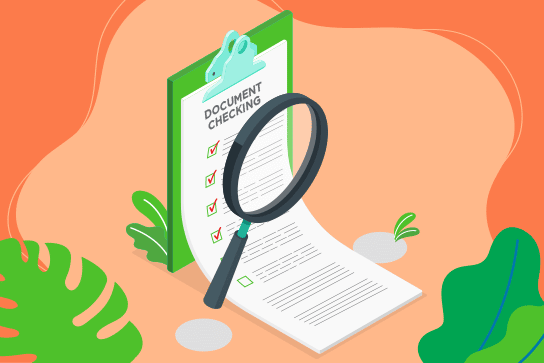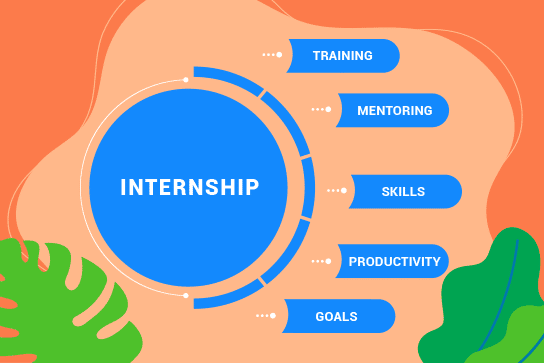In Australia, international students have the same minimum right and protections under the Australia law as resident workers. All people working in Australia have basic rights and protections in the workplace, including minimum pay and conditions based on the work they do. This means that you are entitled to the same pay and minimum conditions of employment as resident workers.
Like many international students, you may get a part-time or casual job to help pay your living expenses while you study in Australia. It is important that you know your rights in the workplace. The Fair Work Ombudsman makes sure that these rights are protected and enforced fairly under Australia’s workplace laws.
The only difference is that, as an international student, you must be mindful of the limit on the number of hours that you can work while your course is in session.
- Your pay: Australia has a minimum wage. You must be paid at least this amount – it’s the law!
- Paying tax: If you’re working in Australia, you might need to pay tax depending on how much you earn. Get a Tax File Number (TFN) before starting work. Give your TFN to your boss to make sure you do not pay more tax than you should. Only apply for a TFN once – it is yours for life!
- Payslips: In Australia, you must get a payslip within one working day of getting paid. Normally, workers get paid weekly, fortnightly (every two weeks) or monthly. The payslip is an important document.
- Work hours: Remember – as an international student you can work up to 40 hours every two weeks during term time, and unlimited hours during your holiday breaks. It is important you keep to this limit – it is what you agreed to when you were given your student visa.
- Casual work: In Australia, you will find many casual roles. In casual work, you don’t have a fixed number of hours every week. This means you can manage your own time better.
What are my minimum pay?
Depending on the job, you are performing, and the employer you work for, your minimum pay will most likely cover under the following:
- A Modern Award which is a list of minimum conditions that apply across a whole industry or occupation;
- An Enterprise Agreement, which is a list of minimum conditions that apply to employees in a particular workplace.
However, if your employment is not covered by a Modern Award or Enterprise Agreement. There is a national minimum wage in Australia. From 1 July 2020, employees who are 21 years or over and not covered by an award or agreement, the new national minimum wage is $19.84 per hour or $24.80 for casual employees.
Employees are also entitled to receive a copy of the Fair Work Information Statement from their employer before, or as soon as possible after, they start a new job. The Fair Work Information Statement is a document that provides new employees with information about their employment conditions. The Fair Work Ombudsman has a
Find My Award tool to help people find which award applies to their work.
What should be included in the payslips
If you are an employee, your employer must provide you with a payslip within one working day of when you are paid. The following information must be included on each payslip:
- The employer’s name and ABN;
- Your name;
- The date you have been paid;
- The period for which you have been paid;
- The gross (before tax) and net (after tax) amounts of the payment;
- If you are paid an hourly rate, what the ordinary hourly rate is and how many hours you worked at that rate;
- Any penalty rates or loadings;
- The amount of any superannuation contribution made and the name of the fund into which that contribution is to be made;
- Any deductions made.
Where do International Students can get help?
The Fair Work Ombudsman is Australia’s workplace regulator and can help students to understand their rights and entitlements in the workplace, and resolve workplace issues, including if your job has been impacted by
the coronavirus.
International students with workplace issues are encouraged to contact the Fair Work Ombudsman at fairwork.gov.au/register, or call 13 13 94.
International students can access information in different languages at
fairwork.gov.au/languages.
NEED HELP FOR COURSE ENROLMENT PLEASE CONTACT




